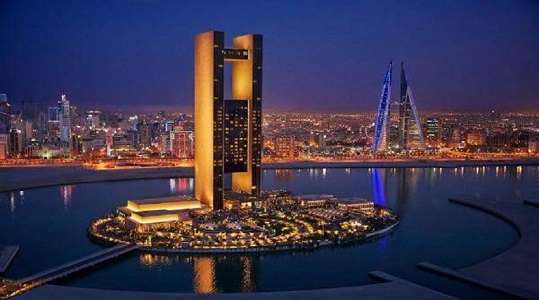Bahrain's economy has grown, according to preliminary government data, at the fastest pace since 2013 last year, driven by accelerating non-oil growth. The economy's total output rose nearly 5 percent, driven by 6.2 percent growth in the non-oil sector, higher than expected in the government's recovery plan launched in 2021 in response to the coronavirus pandemic. Hotels and restaurants led growth in the non-oil sector, followed by government services and real estate.
The oil economy shrank by 1.4 percent last year, according to the finance ministry, because of falling output. Bahrain's economy is expected to grow this year by around 3 percent, in line with IMF estimates, with no oil GDP growth.
Bahrain has one of the weakest links between the Gulf States and oil prices, as its budget needs significantly high energy levels to balance due to its high debt levels. The International Monetary Fund estimates that the price of oil needed for Bahrain to balance its budget is $122 a barrel this year, the highest among neighboring countries and well below current levels. The country moved back the target of balancing the budget for two years to 2024 in response to the economic impact of the pandemic. The IMF expects Bahrain to report a deficit of 6 percent of GDP this year.
Source (Al-Arabiya.net, Edited)

